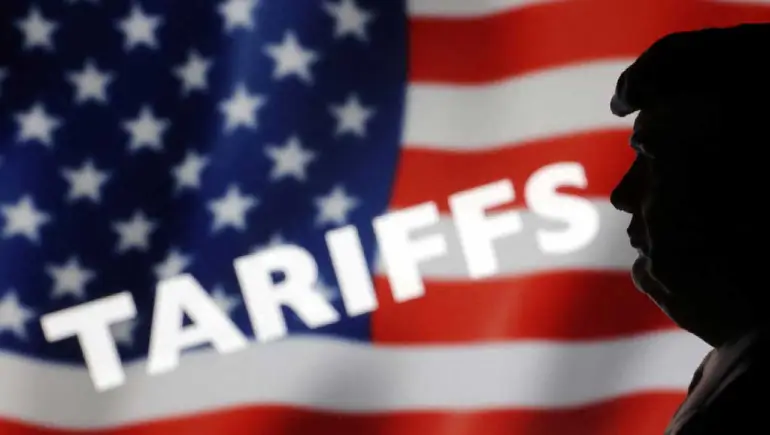
In a strategic move to advance its trade interests, the Government of Bangladesh has officially written to the Office of the United States Trade Representative (USTR), requesting a formal date to begin discussions on tariff-related issues. This initiative comes amid growing pressure from Bangladeshi exporters, particularly in the ready-made garment (RMG) sector, to secure more favorable trade terms with the United States.
According to officials at the Ministry of Commerce, the letter was sent in early July 2025, emphasizing Bangladesh’s interest in resuming bilateral trade talks that have seen little momentum in recent years. The government is pushing for broader market access and tariff concessions, especially for textile and apparel products—the country's top export earners.
Bangladesh currently does not enjoy Generalized System of Preferences (GSP) facilities in the U.S. market, following their suspension in 2013 due to labor rights concerns. Although progress has been made in labor reforms and workplace safety since then, the GSP has not been reinstated. Dhaka is now hopeful that a renewed engagement with the USTR could open the door to trade benefits and duty-free access for select Bangladeshi goods.
Commerce Secretary Tapan Kanti Ghosh stated, “We have formally approached the USTR and are awaiting confirmation of a mutually convenient date to initiate meaningful dialogue. Our goal is to reduce tariff barriers and restore a level playing field for our exporters.”
The letter also referenced the U.S. Indo-Pacific strategy and emphasized the importance of inclusive trade that supports developing economies. Bangladesh has reiterated its commitment to compliance with international labor and environmental standards—two key pillars for qualifying under trade preference programs.
Industry stakeholders, including the Bangladesh Garment Manufacturers and Exporters Association (BGMEA), have welcomed the move, stating that renewed US-Bangladesh trade talks could potentially boost export earnings and strengthen diplomatic ties.
As Bangladesh prepares for its graduation from Least Developed Country (LDC) status in 2026, securing favorable trade deals with major economies like the United States is seen as critical. Trade experts argue that unless preferential tariffs or new agreements are negotiated in time, Bangladeshi exports could face increased competition and higher duties in global markets.
The USTR has yet to publicly respond to the request, but sources suggest that trade discussions could be scheduled later this year, pending further diplomatic coordination.












Comments
There are no comments for this Article.